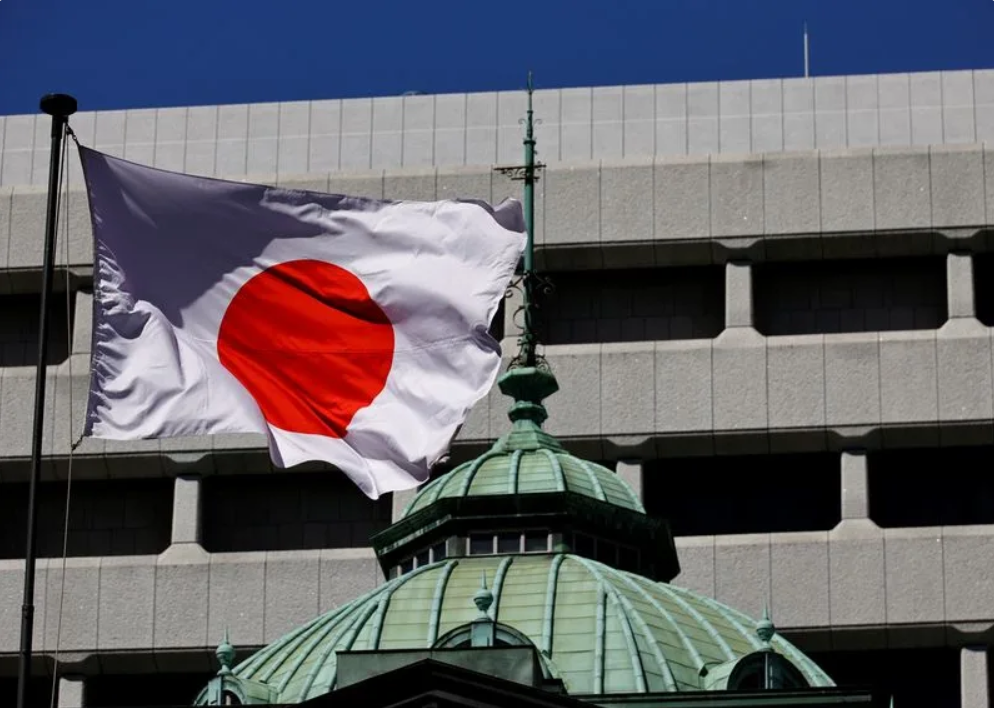

BOJ Split Over Timing of Rate Hikes Amid U.S. Election Uncertainty

Image Credit: Reuters
The Bank of Japan (BOJ) policymakers were divided over the timing of potential interest rate hikes, with some members cautioning about the risk of renewed market volatility following the U.S. presidential election.
A summary of opinions from their October meeting, held just before the election on November 5, showed that many board members emphasized the need to closely monitor the economic impact of market fluctuations.
Shifts in the yen were highlighted as crucial to determining when the BOJ could raise rates again. One member noted that while the risk of a U.S. economic slowdown had eased, it was premature to conclude that market conditions would stabilize, particularly given speculation surrounding the U.S. election outcome.
Several members stressed the importance of preparing for potential market volatility depending on the election's outcome, with some urging the BOJ to proceed cautiously. While the BOJ kept interest rates ultra-low at its October meeting, it acknowledged that the risks surrounding the U.S. economy were somewhat subsiding, signaling that the conditions for raising rates might soon be in place.
The global stock market rally and the rise of the U.S. dollar after Trump's election victory eased some concerns about prolonged uncertainty.
However, analysts warned that renewed market volatility could occur if Trump implements higher tariffs, potentially keeping inflation elevated and complicating the U.S. Federal Reserve's interest rate strategy. Given ongoing uncertainty, more cautious members of the BOJ suggested a slow approach, advocating for careful deliberation before raising rates.
On the other hand, some members felt that the BOJ should assert its commitment to rate hikes if its economic and inflation forecasts are met. One member suggested that Japan no longer needed substantial monetary support and that the BOJ should consider further rate hikes after assessing developments in the U.S. economy. Another noted that households and small businesses, particularly those affected by rising import costs, seemed to welcome a stronger yen, which would reduce the impact of expensive imports.
Governor Kazuo Ueda had previously mentioned that inflationary pressures due to a weak yen were a key factor in the BOJ's decision to raise rates to 0.25% in July. As of Monday, the dollar stood at 153.17 yen, down from a peak of 154.70 yen last week, amid investor caution regarding the possibility of yen-buying intervention by Japanese authorities.
A Reuters poll conducted earlier in October showed that most economists expect the BOJ to hold off on raising rates for the remainder of the year, but nearly 90% anticipate a rate hike by the end of March 2025. The summary did not identify the specific policymakers behind the comments.
Paraphrasing text from "Reuters"all rights reserved by the original author.
